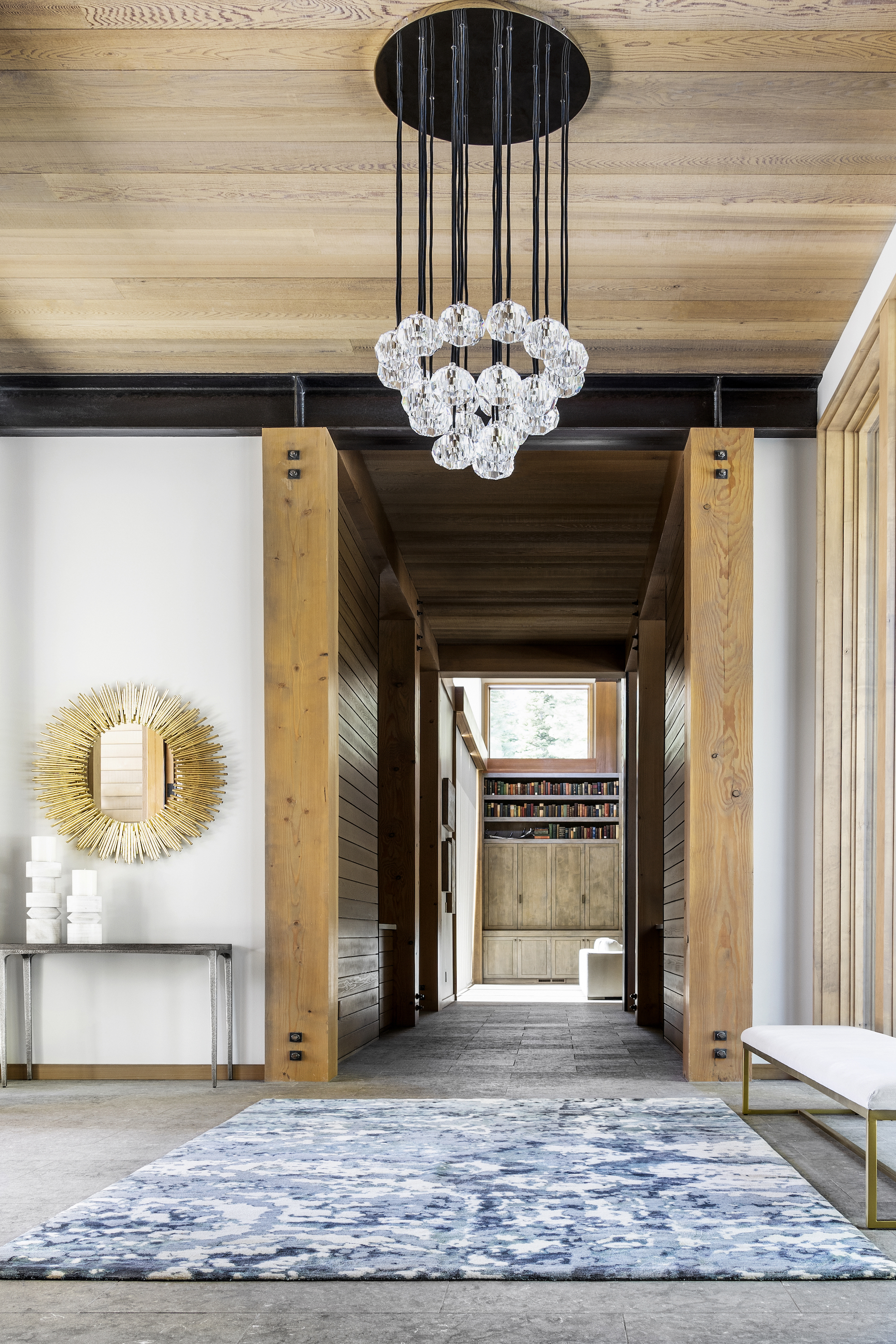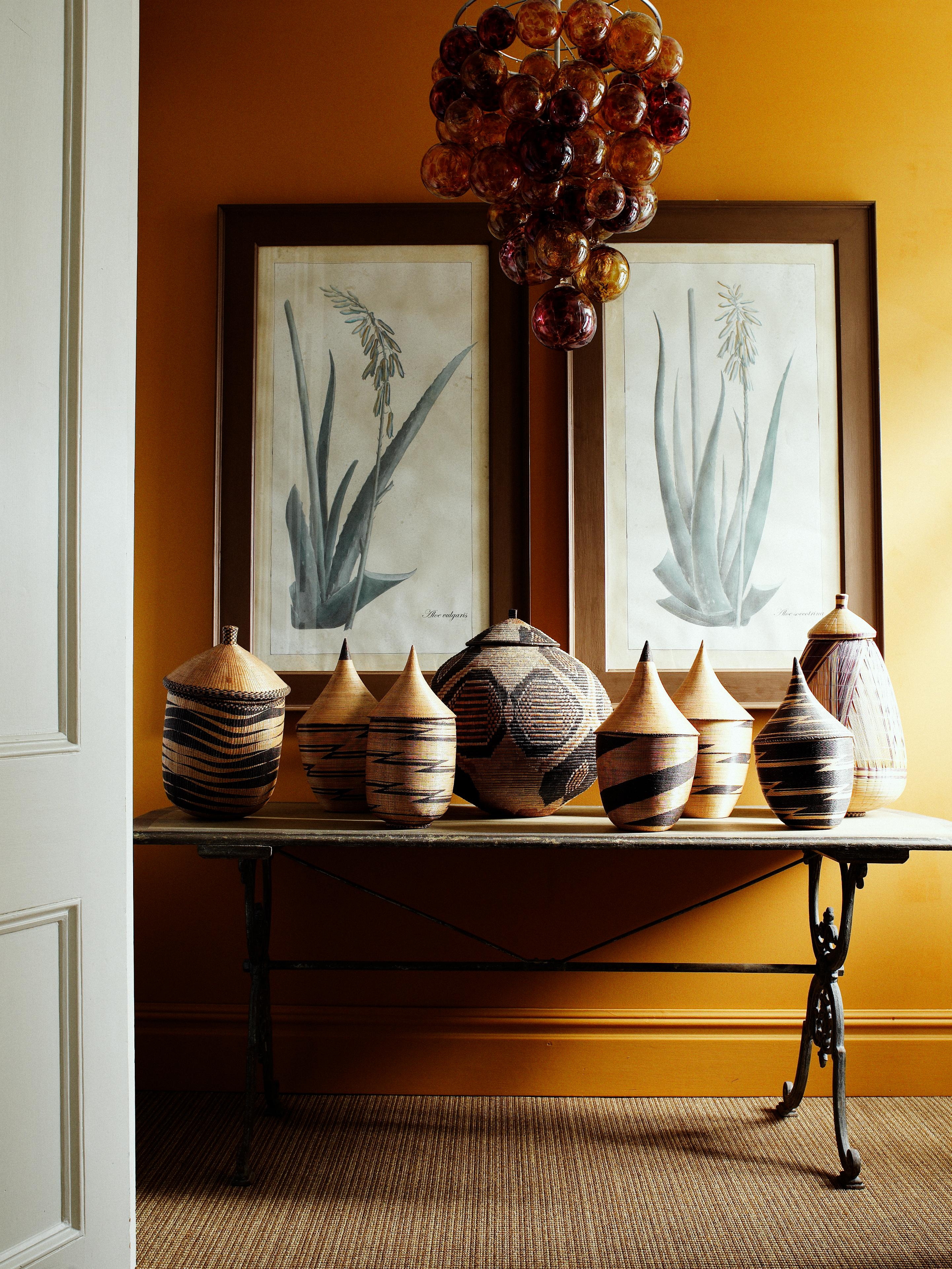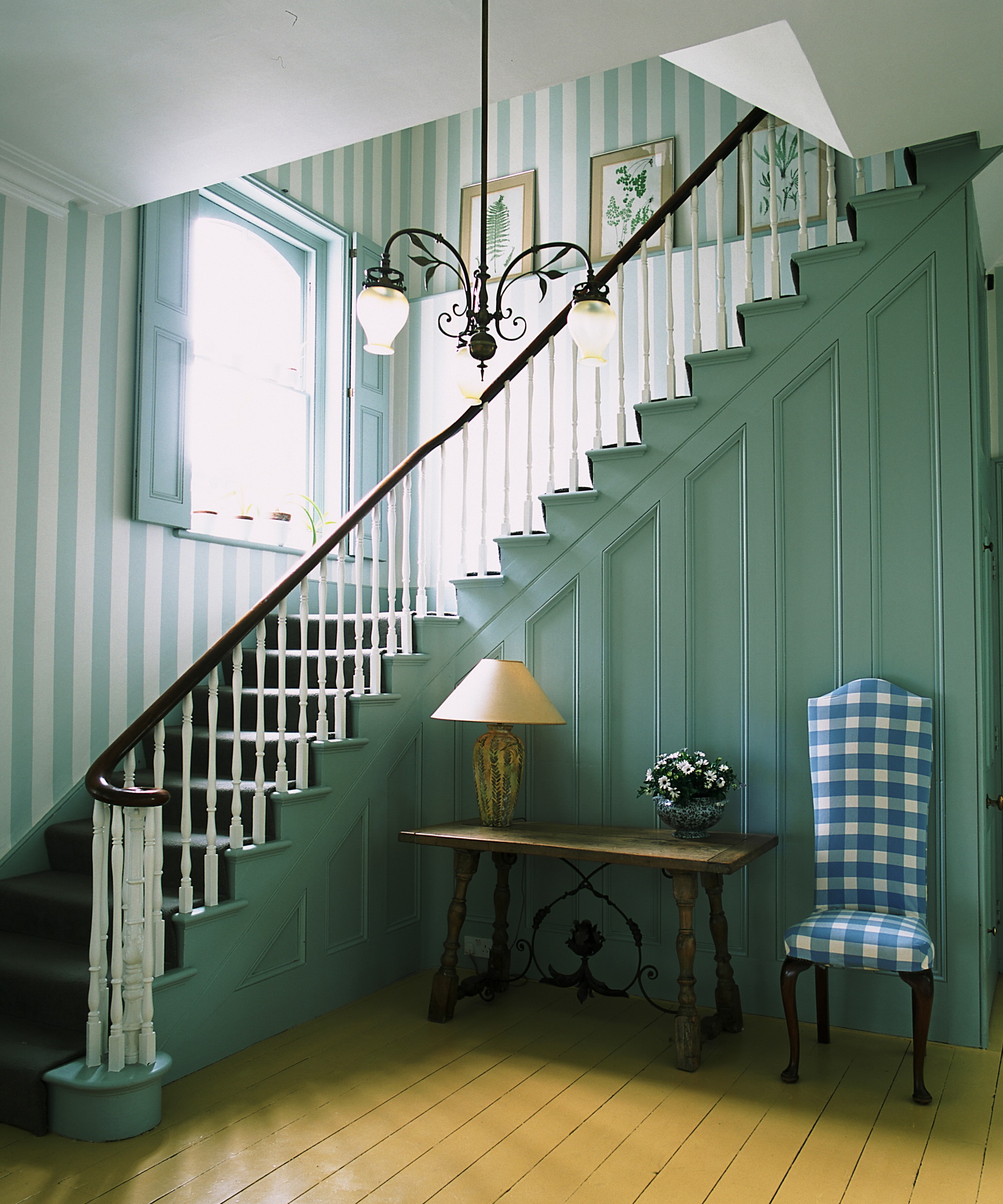Feng Shui expert warns against a pointed chandelier in your entryway – here’s why
Is your statement fixture creating the wrong first impression? This is what the experts use for a welcoming space


Design expertise in your inbox – from inspiring decorating ideas and beautiful celebrity homes to practical gardening advice and shopping round-ups.
You are now subscribed
Your newsletter sign-up was successful
Want to add more newsletters?

Twice a week
Homes&Gardens
The ultimate interior design resource from the world's leading experts - discover inspiring decorating ideas, color scheming know-how, garden inspiration and shopping expertise.

Once a week
In The Loop from Next In Design
Members of the Next in Design Circle will receive In the Loop, our weekly email filled with trade news, names to know and spotlight moments. Together we’re building a brighter design future.

Twice a week
Cucina
Whether you’re passionate about hosting exquisite dinners, experimenting with culinary trends, or perfecting your kitchen's design with timeless elegance and innovative functionality, this newsletter is here to inspire
When it comes to designing an entryway, you would be forgiven for thinking that a chandelier can do no wrong.
This enduring fixture knows how to make a statement in spaces of all sizes, and designers love its striking yet timeless ability to elevate a room instantly. However, while this entryway idea is faultless in terms of design, it is less admired by those who practice the principles of Feng Shui.
While some chandeliers are beneficial to your entryway's Feng Shui, other, more pointy fixtures may leave a negative impression on all who pass through your home. This is what the experts avoid – and what they recommend choosing instead.
Why you should never have a pointed chandelier in your entryway

According to Feng Shui practitioner El Larson, you should never choose a light fixture with downward points or angles, especially in an entryway.
'Poison Arrows’ are sharp objects and 90° corners (from walls or furniture) that consolidate and send aggressive energy to the person in the line of fire,' El says. 'This is particularly problematic at the entrance, assuming the intent is for people to feel welcome entering the home.'
When considering your entryway lighting ideas, the expert urges you to invest in fixtures that are 'rounded or flat at the base' or that have corners that point upwards (rather than down).
How do pointed fixtures impact your entryway?

The answer comes down to Feng Shui – the practice of arranging your décor and possessions to promote a balance with the natural world. This teaching comes from the idea that energy flows through the doors and windows of a room, and the placement of these pieces can interrupt the flow.
Design expertise in your inbox – from inspiring decorating ideas and beautiful celebrity homes to practical gardening advice and shopping round-ups.
While the placement of your light may seem like it won't have a huge effect on your overall well-being, El warns that it could cause a problem if you're exposed to bad Feng Shui, and bad Feng Shui lighting, for a long period.
'Minor imprints, repeated over time (we usually experience our entryways 2-3+ times per day), can have a major impact – positive or negative,' she says.

When designing an entryway, you may need to rethink your lighting choices, but El suggests that you shouldn't stop there. Feng Shui similarly urges against sharp, pointy furniture, but that doesn't mean you need to part with your favorite pieces.
'Hard corners of furniture or walls pointing at the entrance can be remedied by furniture with rounded edges or placing plants or hanging tapestries in front to ‘soften’ corners,' El suggests. This enables you to invest and enjoy almost all furniture without having to interrupt the energy flow – and have an entryway that is both stylish and good for your wellbeing.

Megan is the Head of Celebrity Style News at Homes & Gardens, where she leads the celebrity/ news team. She has a history in interior design, travel, and news journalism, having lived and worked in New York, Paris, and, currently, London. Megan has bylines in Livingetc, The Telegraph, and IRK Magazine, and has interviewed the likes of Drew Barrymore, Ayesha Curry, Michelle Keegan, and Tan France, among others. She lives in a London apartment with her antique typewriter and an eclectic espresso cup collection, and dreams of a Kelly Wearstler-designed home.